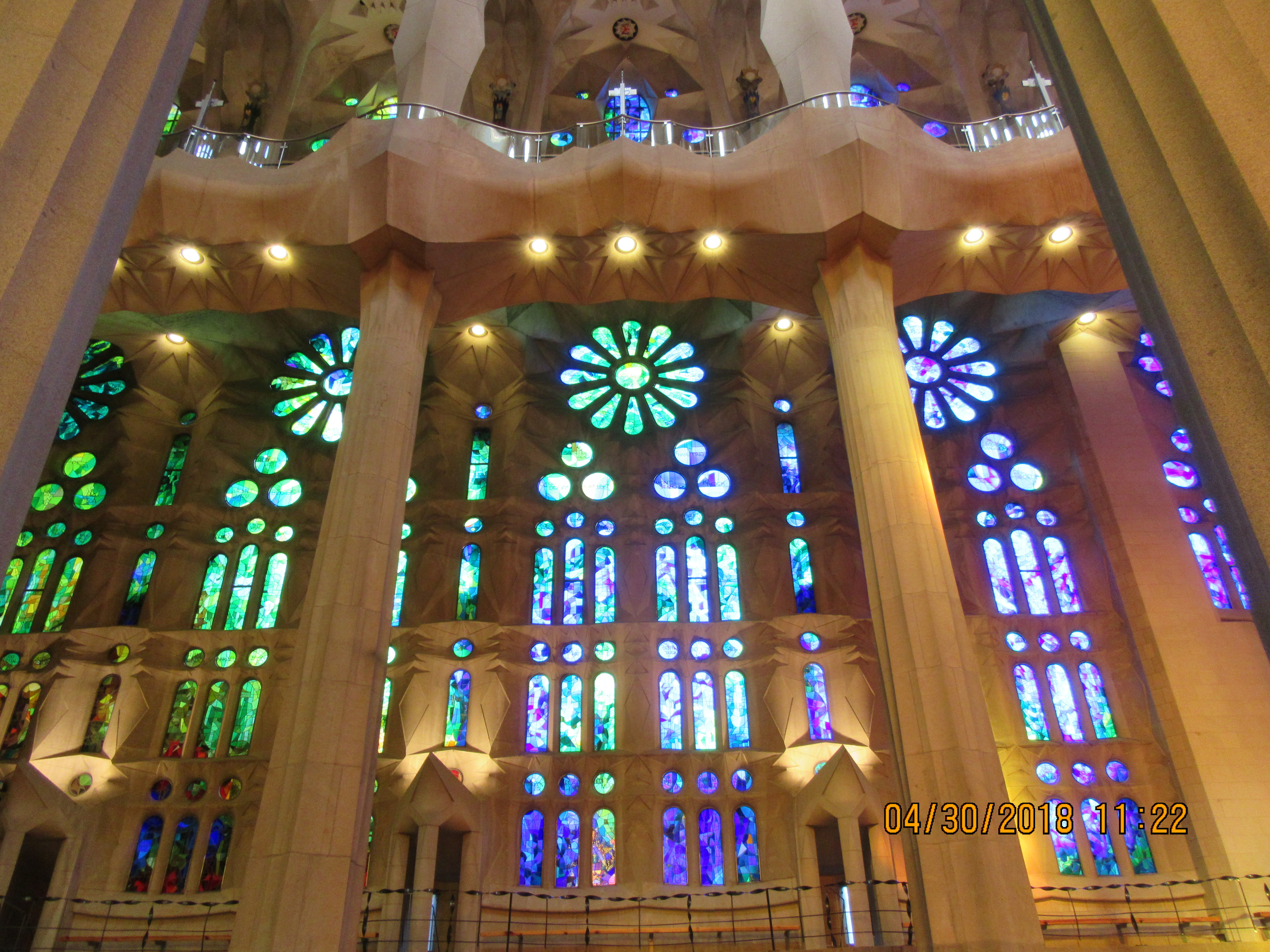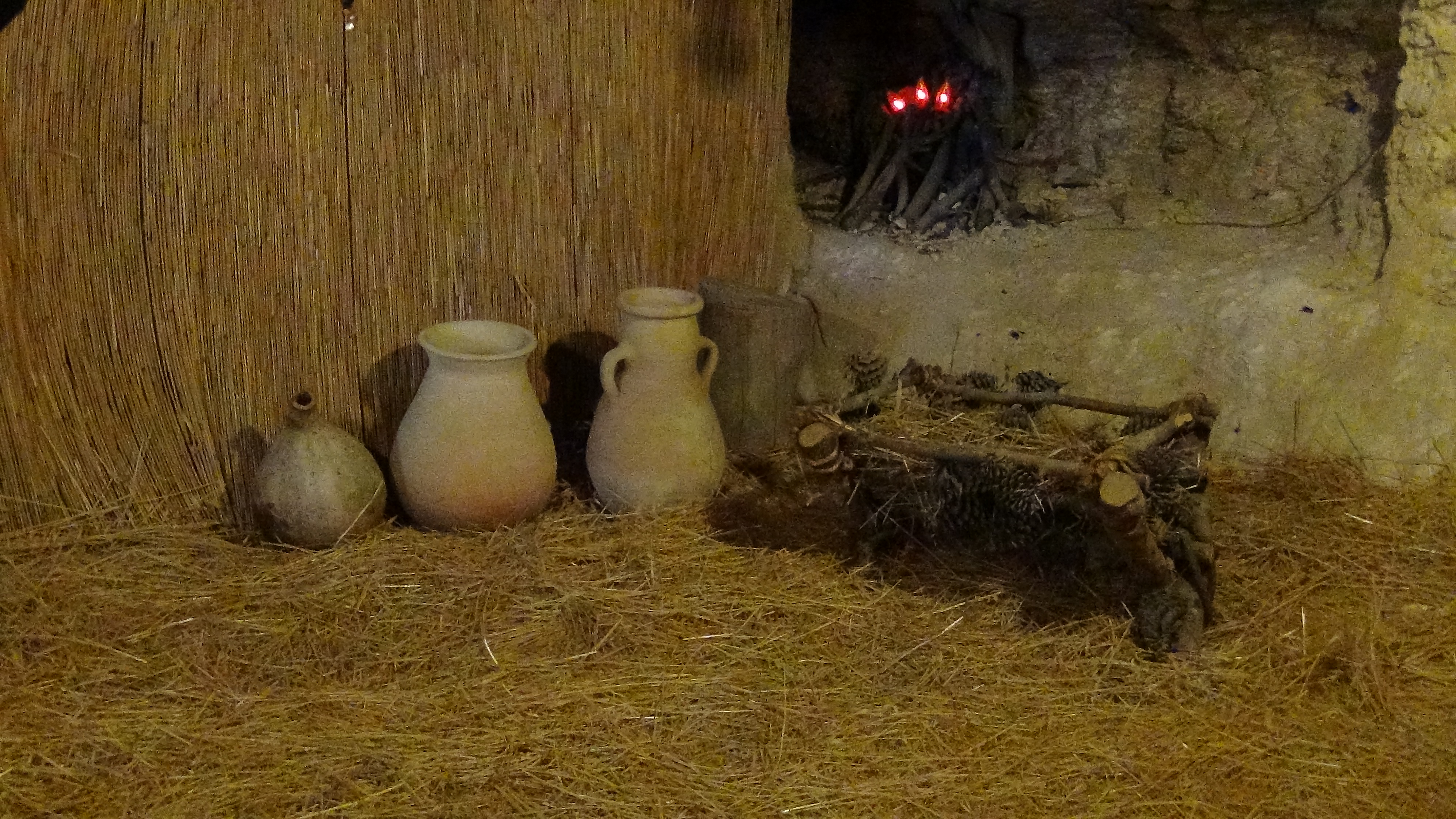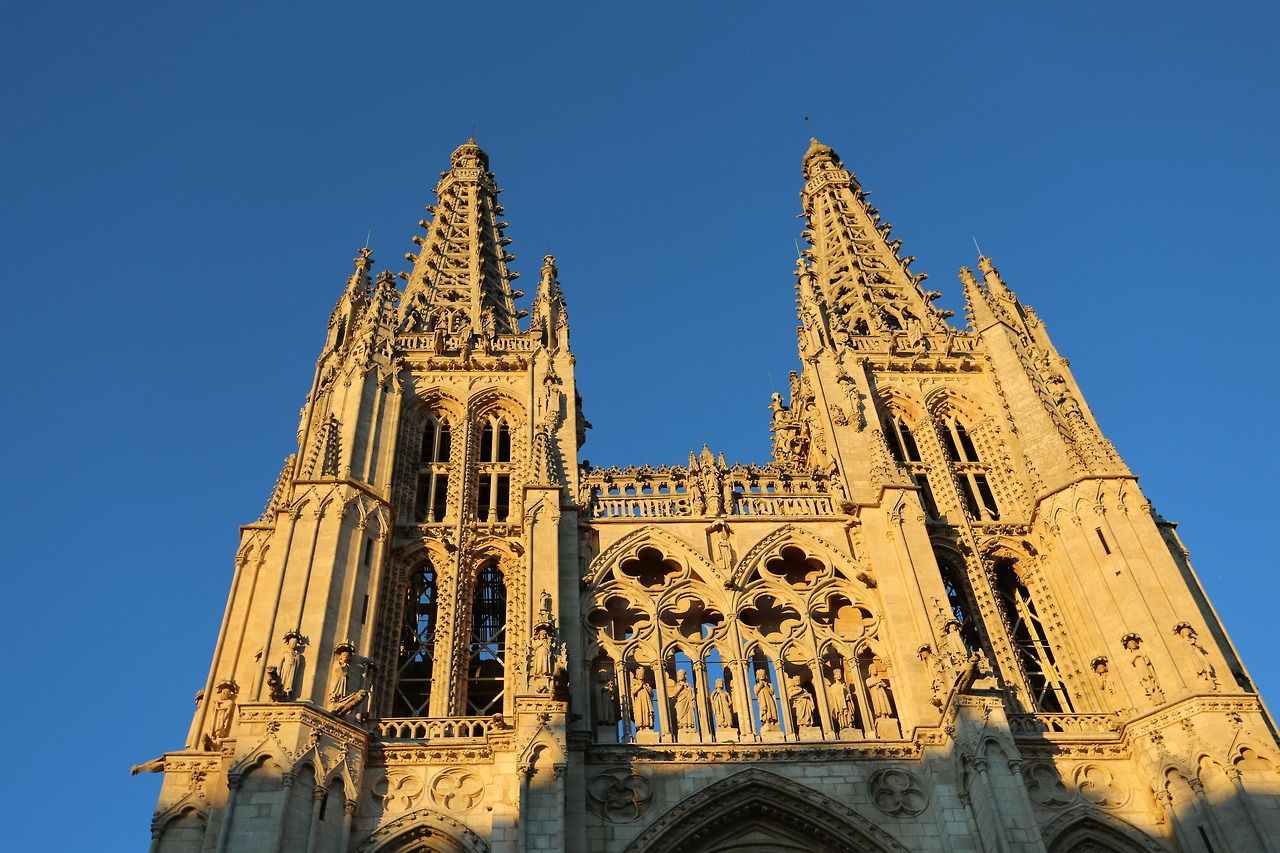Am. 6:1a, 4-7; Ps. 146: 7-10; 1 Tim. 6:11-16; Lk. 16:19-31
“Lay hold of eternal life” and fight the good fight! Jesus became poor in the flesh yet remained rich in his divinity to pour out riches to those who “pursue righteousness…Compete well for the faith” says the Lord. We are born with a competitive drive in fact, we love a good fight to win just look at all the sports options to drive our competitive fire. Friday night lights in every community are ready for the intensity of the game, the rush and the thrill of victory. How well do we compete for our faith? “Blessed he who keeps faith forever, secures justice for the oppressed, gives food to the hungry” and finishes the marathon of life. May we be blessed to say “I have run the race and fought the good fight…it is finished”.
We are reminded “Woe to the complacent in Zion!” Complacency is more than taking our faith for granted. It is depriving it of nourishment so that when the test comes, we find ourselves surrendering without a fight. The first nourishment and line of defense is the sacraments of the church. These prepare us for the fight as the foundation of faith. Through the sacraments Jesus pours out his riches in grace to provide us the weapons of virtue, knowledge, and wisdom. This does not come to the complacent but to the those who seek through prayer, devotions, study, and fellowship.
How much time do we spend in fellowship as a community? Tis the season for church festivals uniting ourselves in support of our parish. Study of our faith is power to be good in apologetics defending the faith. We recently had Scott Hahn speak at our parish, a minor miracle given his international ministry and we were blessed to have a packed church. Devotions both private and as a community like coming to Mass the first Friday of every month fill us with grace. Prayer is God’s time we give to be open to the spiritual work God wants to do in us.
Complacency says “not now God”, see in the intensity of life there is always something that is demanding attention, time, priority. The intensity of the world becomes the normative way and it deprives us of our time to mature in faith and wisdom of God. We judge ourselves as not complacent because we adhere to the intensity of worldly demands yet the spiritual life is dormant. We carry the spiritual life of a child hoping for the best and fearing the worst.
We are called to “Lay hold of eternal life” that is our mission statement. We do this when “we give life to all things…with faith, love, patience, and gentleness”. The rich man did not give life to all things, beginning with Lazarus “who would gladly have eaten his fill of the scraps that fell from the rich man’s table”. The self-indulgence of the rich man landed him in the “netherworld, where he was in torment.” There was no escape yet he begs for his five brothers to be warned. Abraham prophetically tells him “If they did not listen to Moses and the prophets, neither will they be persuaded if someone should rise from the dead.” So true for Jesus came suffered died and rose from the dead and the world continues addicted to the sin of self-indulgence, they will not repent.
To fight the good fight in the world the first battle to be won is internal. It is the one that draws us to the intensity of sins of self-indulgence. Like an addict we keep seeking the intensity of a new high or chasing the memory of a past experience because the current experience has created a vacuum. The vacuum can only be filled by Christ. The battle within cannot be won without the power from above, God’s mercy and love. To lay hold of eternal life in this world is the victory for Christ and he shows us the way. St. Augustine says, “Trust the past to God’s mercy, the present to God’s love and the future to God’s providence.”









Recent Comments